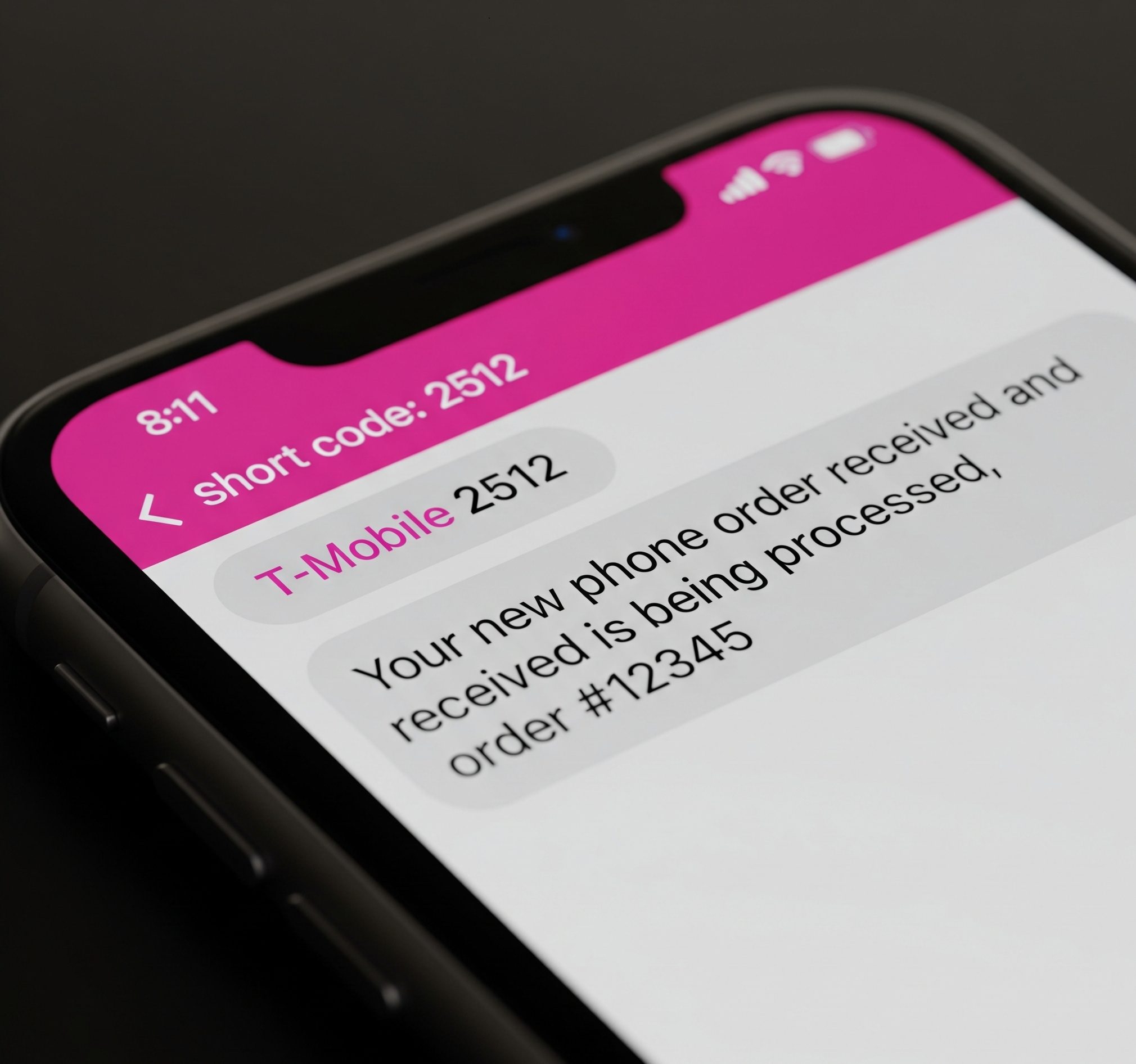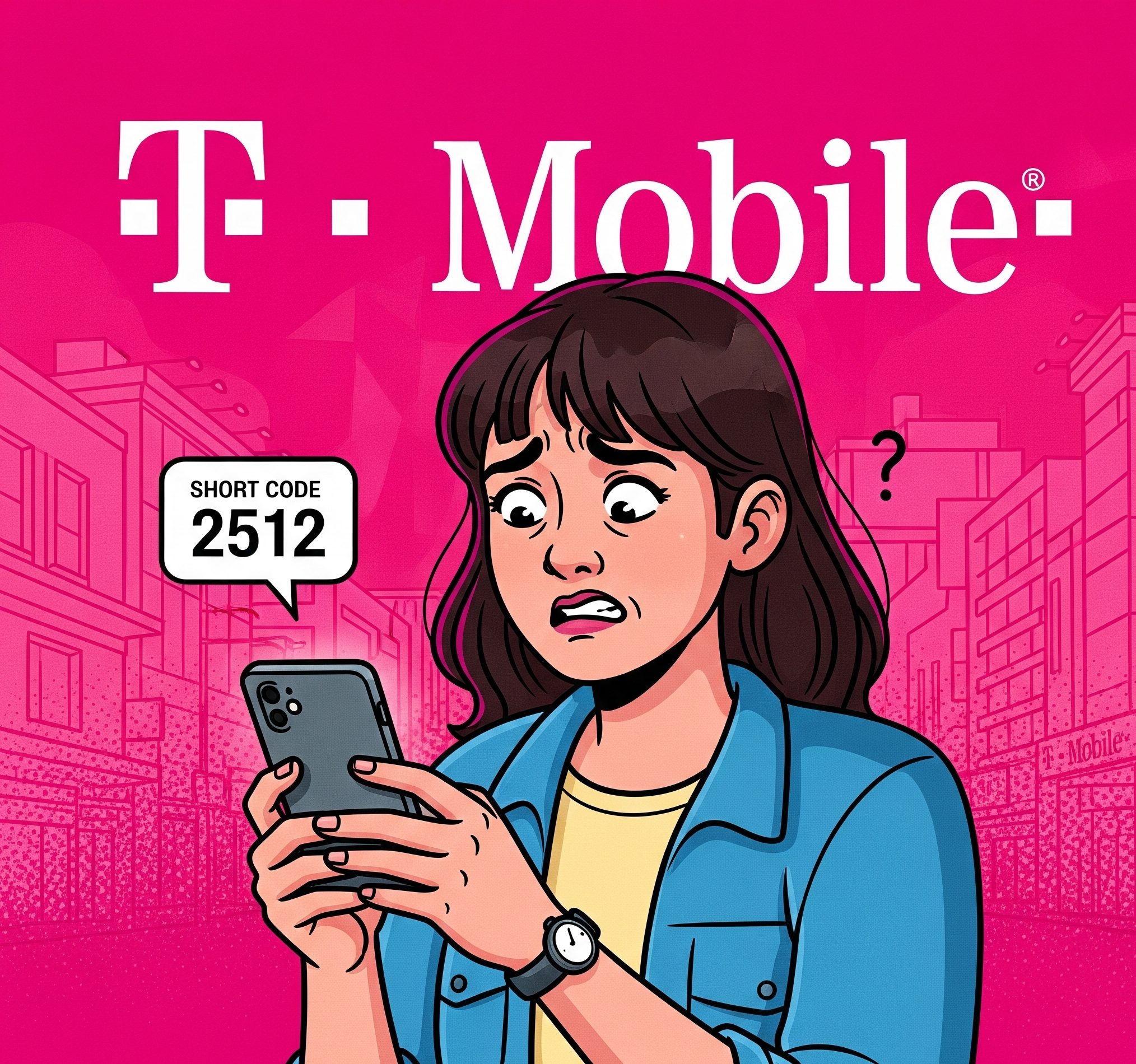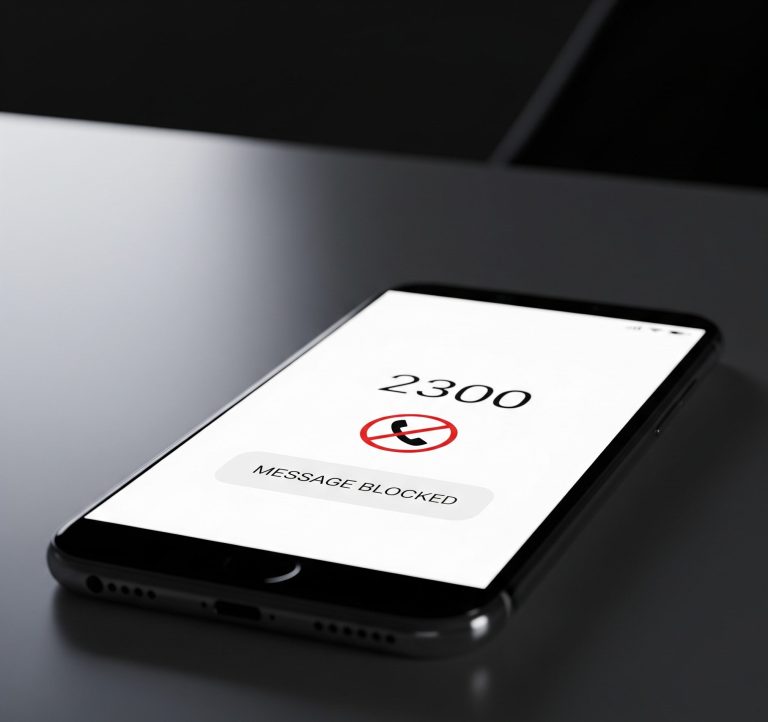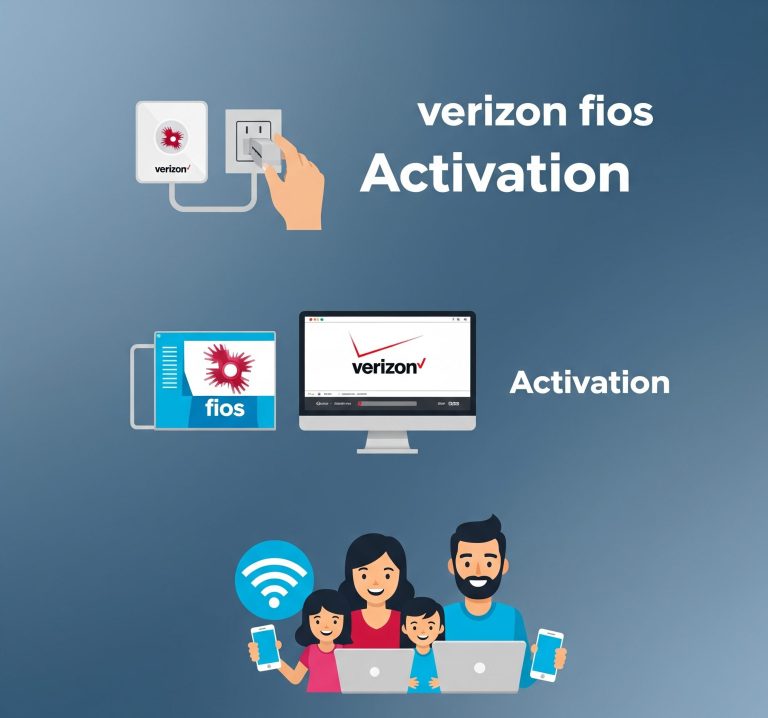In an age where our smartphones are extensions of ourselves, a cryptic text message from an unknown number can be both perplexing and alarming. One such message that has been the subject of countless online forums and discussions is the 2512 text message. If you’ve received a text from this five-digit number and are wondering what it is, whether it’s legitimate, or if you should be concerned, you’ve come to the right place. This article will delve into the origins of the 2512 text message, its potential purposes, and how to protect yourself from unsolicited communications.
Contents
What Are Short Code Text Messages?
Before we can fully understand the 2512 text message, it’s essential to grasp the concept of SMS short codes. These are shortened phone numbers, typically five or six digits long, that are used by businesses, organizations, and service providers to send and receive text messages at a high volume. You’ve likely encountered them before when receiving appointment reminders, shipping notifications, or marketing alerts.
Short codes are designed to be easier to remember and type than a standard ten-digit phone number. They are a common tool for mass communication and are used across various industries for a wide range of purposes.
The Role of Carriers in Short Code Messaging
Wireless carriers in the United States, such as T-Mobile, Verizon, and AT&T, play a crucial role in the short code ecosystem. They lease these short codes to businesses and are responsible for ensuring that the messages sent through their networks comply with industry standards and regulations. This brings us to the specific case of the 2512 text message.
Demystifying the “2512 Text Message”
The 2512 text message is a short code that is primarily associated with T-Mobile and its various services. While receiving a text from this number can be startling if you’re not expecting it, it is often a legitimate communication.
Common Reasons for Receiving a 2512 Text Message
There are several scenarios in which you might receive a 2512 text message:
- Carrier Billing Verification: One of the most common reasons for receiving a text from 2512 is for carrier billing verification. If you’ve attempted to make a purchase through the Google Play Store or another online service and have chosen to bill it directly to your T-Mobile account, you may receive a message from 2512 to confirm the transaction. This is a security measure to prevent unauthorized charges to your phone bill.
- T-Mobile Campaigns and Promotions: T-Mobile frequently uses short codes to communicate with its customers about new campaigns, promotions, and account-related information. The 2512 text message could be an alert about a new offer, a change to your plan, or other important account updates.
- Service Notifications: You might also receive a 2512 text message as a service notification. This could be anything from a confirmation of a change you made to your account to an alert about a network outage in your area.

The Dark Side of Short Codes: Smishing and Scams
While many short code messages are legitimate, it’s crucial to be aware of the potential for scams. “Smishing,” a portmanteau of “SMS” and “phishing,” is a type of cyberattack where scammers use text messages to trick individuals into revealing sensitive personal information, such as passwords, credit card numbers, or social security numbers.
How to Spot a Scamming 2512 Text Message
Scammers are adept at making their messages look authentic. They may impersonate legitimate companies like T-Mobile or even government agencies. Here are some red flags to watch out for:
- Urgent and Threatening Language: Scam messages often create a sense of urgency or fear to pressure you into acting without thinking. They might claim your account has been compromised, you’ve won a prize that needs to be claimed immediately, or you owe money that must be paid instantly.
- Suspicious Links: A common tactic is to include a link in the text message that directs you to a fake website designed to steal your information. These websites often look identical to the real thing. Always be wary of clicking on links in unsolicited text messages.
- Requests for Personal Information: Legitimate companies will rarely ask you to provide sensitive personal information via text message. If a 2512 text message asks for your password, social security number, or bank account details, it is almost certainly a scam.
- Grammatical Errors and Typos: While not always the case, many scam messages are riddled with grammatical errors and typos. This can be a tell-tale sign that the message is not from a professional organization.
How to Handle and Block Unwanted 2512 Text Messages
If you receive a 2512 text message that you suspect is a scam, or if you simply no longer wish to receive communications from this number, there are several steps you can take.
Do Not Respond
The first and most important rule is not to respond to a suspicious text message. Replying, even with a message like “STOP,” can confirm to the scammer that your number is active, potentially leading to more spam messages.
Block the Number
All major US carriers and smartphone operating systems provide a way to block unwanted numbers.
- On an iPhone: Open the Messages app, tap on the conversation with the 2512 text message, tap the number at the top of the screen, then tap “Info.” From there, you can select “Block this Caller.”
- On an Android device: The process can vary slightly depending on the manufacturer, but generally, you can open the messaging app, long-press on the conversation from 2512, and then select the option to “Block” or “Report Spam.”
Report the Message
You can and should report spam and smishing messages to your carrier. This helps them identify and block malicious senders. You can typically forward the unwanted message to the number 7726 (which spells “SPAM” on a phone keypad). Your carrier will then investigate the message.
The Bottom Line: Stay Informed and Stay Safe
The 2512 text message is a legitimate short code used by T-Mobile for various purposes. However, the ever-present threat of smishing means that you should always exercise caution when receiving any unsolicited text message. By being aware of the common tactics used by scammers and knowing how to block and report unwanted messages, you can protect yourself from potential harm and maintain control over your digital life. Remember, when in doubt, it’s always better to be safe than sorry. Do not click on suspicious links, never provide personal information via text, and report any fraudulent activity to your carrier.







